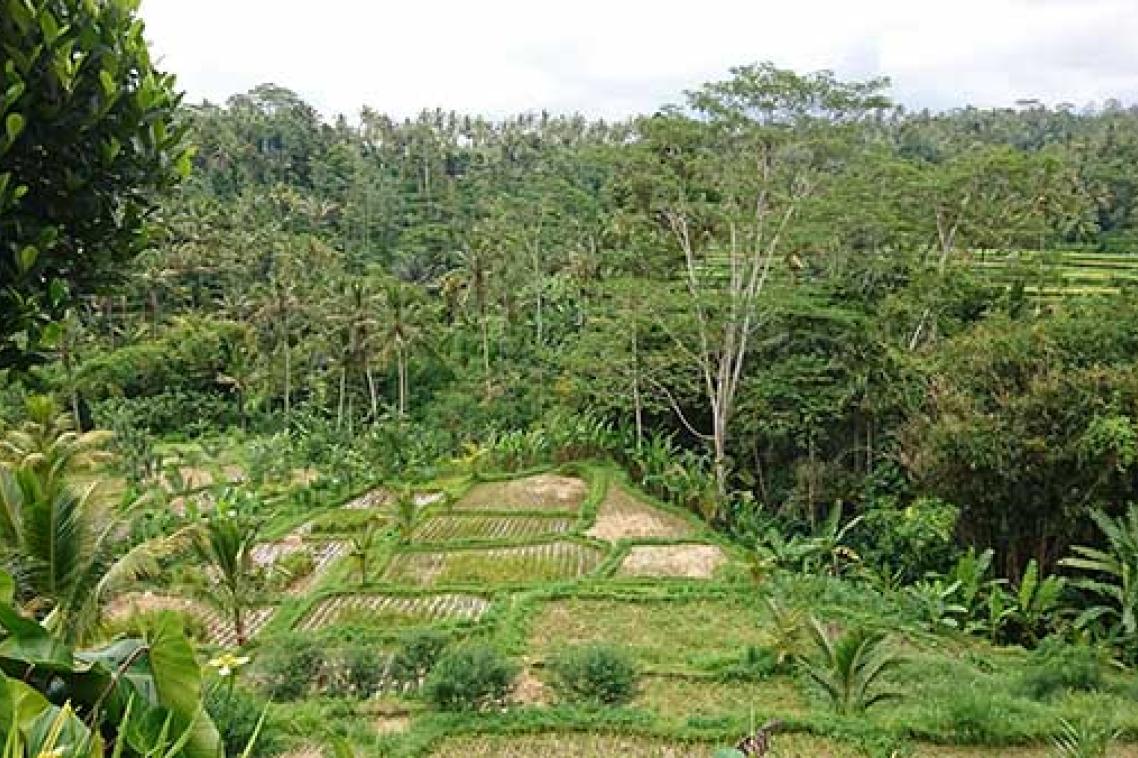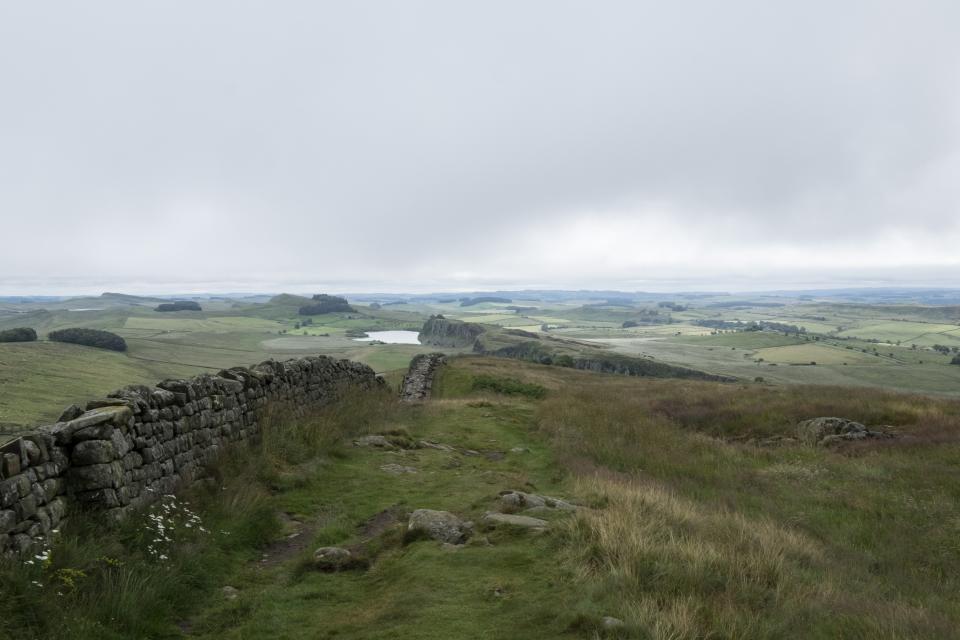Humans were changing the planet earlier than we knew

Humans had caused significant landcover change on Earth up to 4000 years earlier than previously thought, University of Queensland researchers have found.
The School of Social Sciences' Dr Andrea Kay said some scientists defined the Anthropocene as starting in the 20th century, but the new research showed human-induced landcover change was globally extensive by 2000BC.
The Anthropocene – the current geological age – is viewed as the period in which human activity has been the dominant influence on Earth’s climate and environment.
“The activities of farmers, pastoralists and hunter-gatherers had significantly changed the planet four milennia ago,‘‘ Dr Kay said.
The ArchaeoGLOBE project used an online survey to gather land-use estimates over the past 10,000 years from archaeologists with regional expertise.
‘‘The modern rate and scale of anthropogenic global change is far greater than those of the deep past, but the long-term cumulative changes that early food producers wrought on Earth are greater than many people realise,“ Dr Kay said.
"Even small-scale, shifting agriculture can cause significant change when considered at large scales and over long time-periods.“

‘‘Archaeologists possess critical datasets for assessing long-term human impacts to the natural world, but these remain largely untapped in terms of global-scale assessments,“ Dr Boivin said.
Another researcher on the team, Dr Alison Crowther, said the study could help plan for future climate scenarios.
“This research and the collaborative approach we used means we can better understand early land use as a driver of long-term global environmental changes across the Earth‘s system,“ Dr Crowther said.
Dr Kay, Dr Boivin, Dr Crowther and UQ Senior Research Fellow Dr Patrick Roberts each have joint appointments at UQ and The Max Planck Institute for the Science of Human History’s Department of Archaeology.
Other researchers on the team were UQ’s head of archaeology, Associate Professor Andrew Fairbairn, and archaeologists from Australian National University, the University of Melbourne, University of Sydney, Flinders University and LaTrobe University.
Above, right: Hadrian's Wall in England's north was built nearly 2000 years ago. Image: Lucas Stephens
Contact: Dr Andrea Kay, 0434 530 809, andrea.kay@uq.edu.au; Dr Alison Crowther, a.crowther@uq.edu.au, +61 7 3365 2757; Dr Nicole Boivin, boivin@shh.mpg.de, +49 3641 686-701, (in Germany).
Related articles

New data reveals how Australia’s threatened reptiles and frogs are disappearing – and what we have to do

Sunlight-powered breakthrough turns methane into valuable ethylene
Media contact
UQ Communications
communications@uq.edu.au
+61 429 056 139
